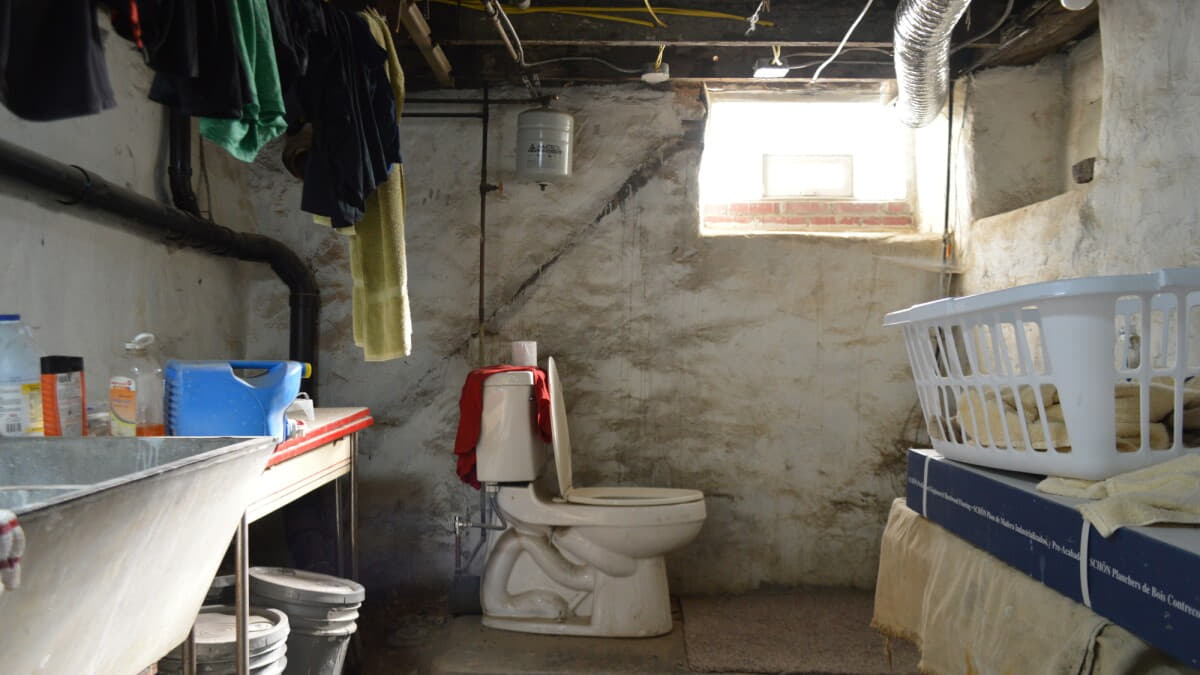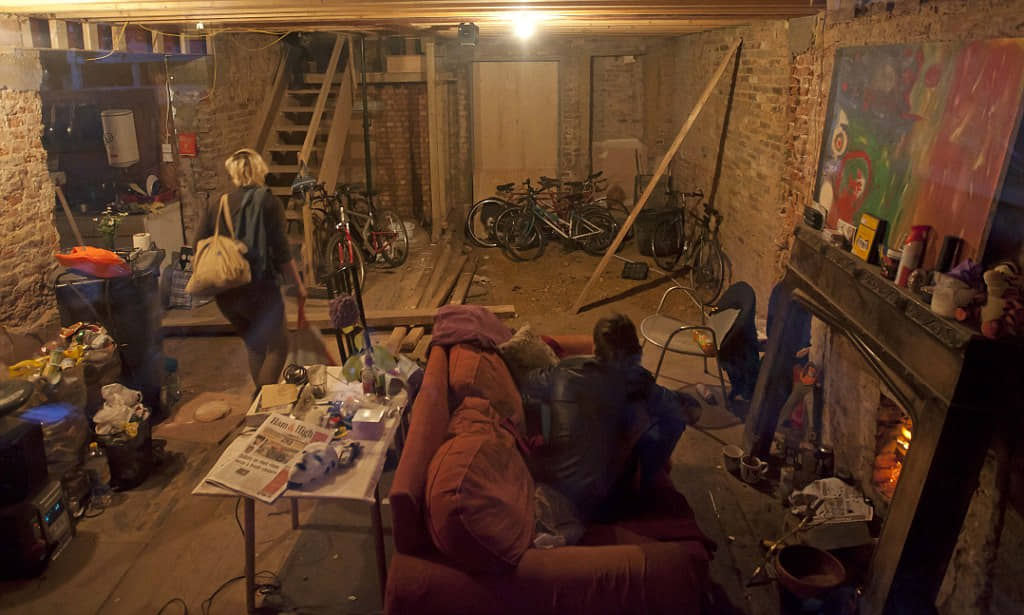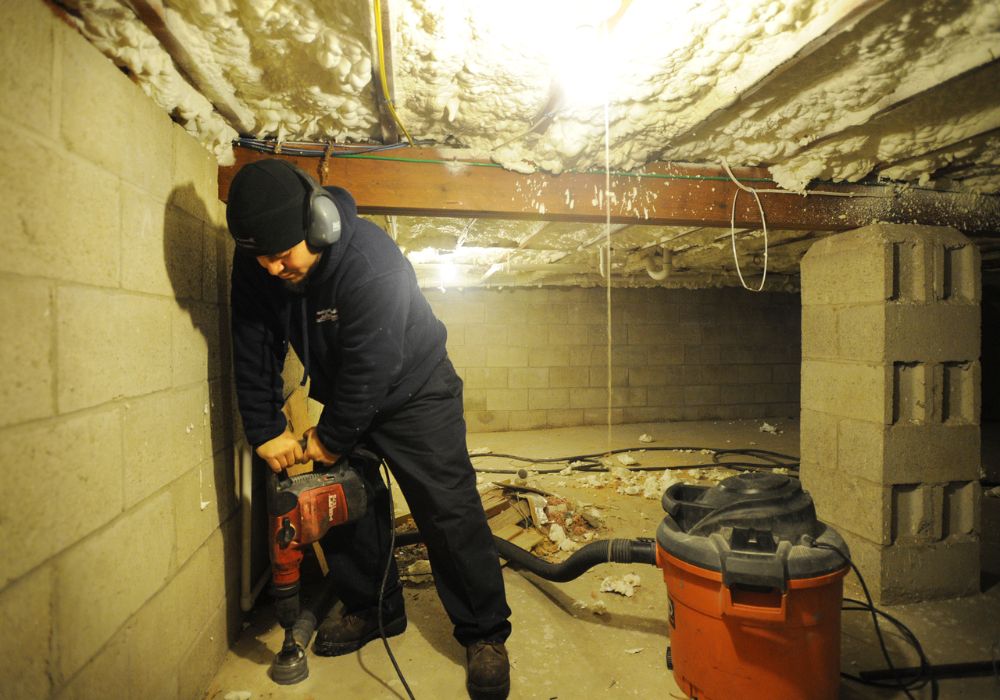Suing an apartment complex can be a serious legal undertaking with financial implications. As a tenant, it is important to understand the potential costs involved before making this decision.
In this article, we will explore the typical costs tenants may face when suing their apartment complex, including attorney fees, court costs, and other expenses.
Cost Of Suing An Apartment Complex
The total cost to sue an apartment complex can vary significantly depending on various factors like location, attorney rates, complexity of the case, and the amount being sued for. However, attorney fees are usually the biggest expense. Lawyers may charge $350 per hour or more to handle a lawsuit against an apartment complex.
These hourly fees add up quickly over the course of preparing documents, attending hearings, conducting investigations, and other legal work. Additional court costs like filing fees could range from $50-$250.
When considering all potential costs, tenants typically budget $3,000-$5,000 minimum to sue their apartment complex.
Related: How Much Can I Sue My Landlord For Emotional Distress?
What affects the cost?

The strength of a tenant's case and the damages being claimed greatly impact the cost. Cases involving larger damages, more complex legal issues, or greater evidence requirements will mean more attorney time spent on the matter. Jurisdiction also factors in, as attorney rates and court costs vary between locations.
Consultations with tenant lawyers enable potential plaintiffs to evaluate their case strengths and estimated legal expenses.
How to reduce costs?
Pursuing mediation or sending a demand letter before filing a lawsuit can potentially reduce expenses. Mediation provides an affordable alternative to resolving disputes outside of court. Sending the complex a demand letter detailing issues and requested remedies gives them a chance to address the problem without litigation.
If these options don't work, tenants can sometimes use small claims court for claims under $5,000-$10,000, avoiding some legal costs.
What are common reasons for suing?
Tenants most frequently sue their apartment complexes over security deposit disputes, unfair rent increases, illegal vehicle towing, and uninhabitable living conditions. Examples of the latter include infestations, mold, structural or maintenance issues compromising health and safety. Landlords can also be sued for wrongful evictions, lease violations, and discrimination under the Fair Housing Act.
Are there laws supporting tenants' rights to sue?
Several federal and state laws establish a legal framework for tenants pursuing claims. Key ones include the Fair Housing Act prohibiting housing discrimination. The Fair Credit Reporting Act regulates how rental history reports can impact tenants. State landlord-tenant codes also outline standards for habitable premises that complex owners must maintain.
Suing gives tenants legal recourse if their apartment complex breaches contracts or laws.
What steps are involved in preparing to sue?
Thoroughly research potential legal claims by reviewing lease documents and building code standards. Gather supporting documentation of issues like dated photos, records of complaints filed, and evidence of resulting damages. Consult a local tenants rights attorney to evaluate the case merits.
They can advise on strengthening evidence and estimates for legal costs and potential settlement values. Suing in small claims court provides a lower-cost option if claims don't exceed the monetary limit.
How does the process work after filing a lawsuit?
After drafting a complaint form officially documenting claims and paying court filing fees, the next step involves formally serving the complex to notify them of the pending legal action. Next comes the hearing date where both parties present evidence to a judge. Be prepared for potential negotiations as many cases settle without reaching this stage.
If awarded a judgment, further steps are needed to ensure damages are paid. Throughout these post-filing procedures, consulting legal counsel remains important.
What are some potential pitfalls to consider?
Filers must take care that any claims brought forth have merit and adhere to procedural requirements. Dismissed cases can still incur certain costs with no damages awarded. Landlords may countersue for costs in some situations. It's important to weigh these risks versus chances of success and potential damages recovery before filing.
Exploring alternatives to litigation, like dispute boards or arbitration, may resolve issues at lower costs as well.
Conclusion
Suing an apartment complex involves serious financial and legal responsibilities. With preparation that includes assessing case strengths, understanding relevant laws, gathering evidence, and consulting counsel, tenants have lawful avenues to pursue if facing disputes involving valid claims.





